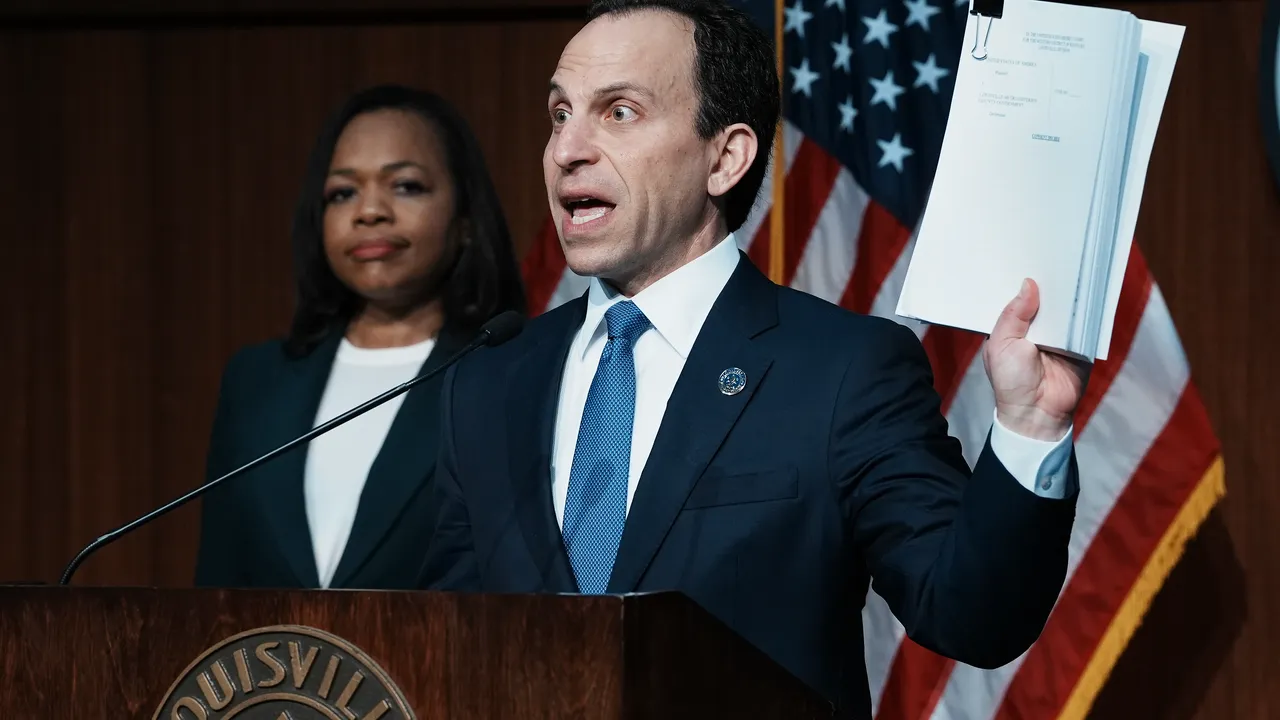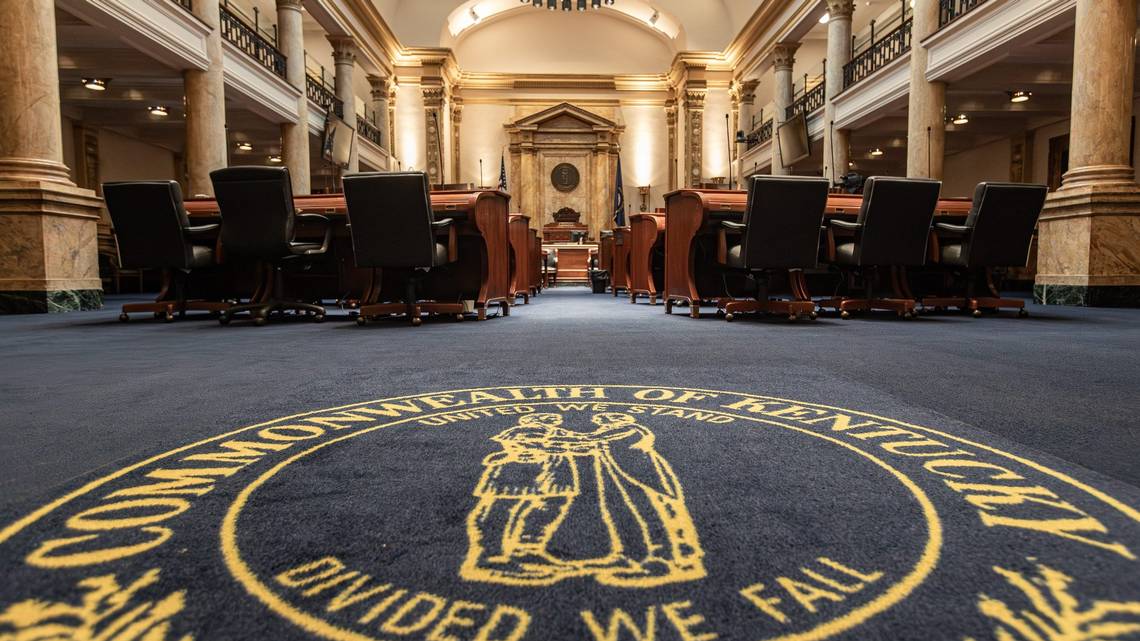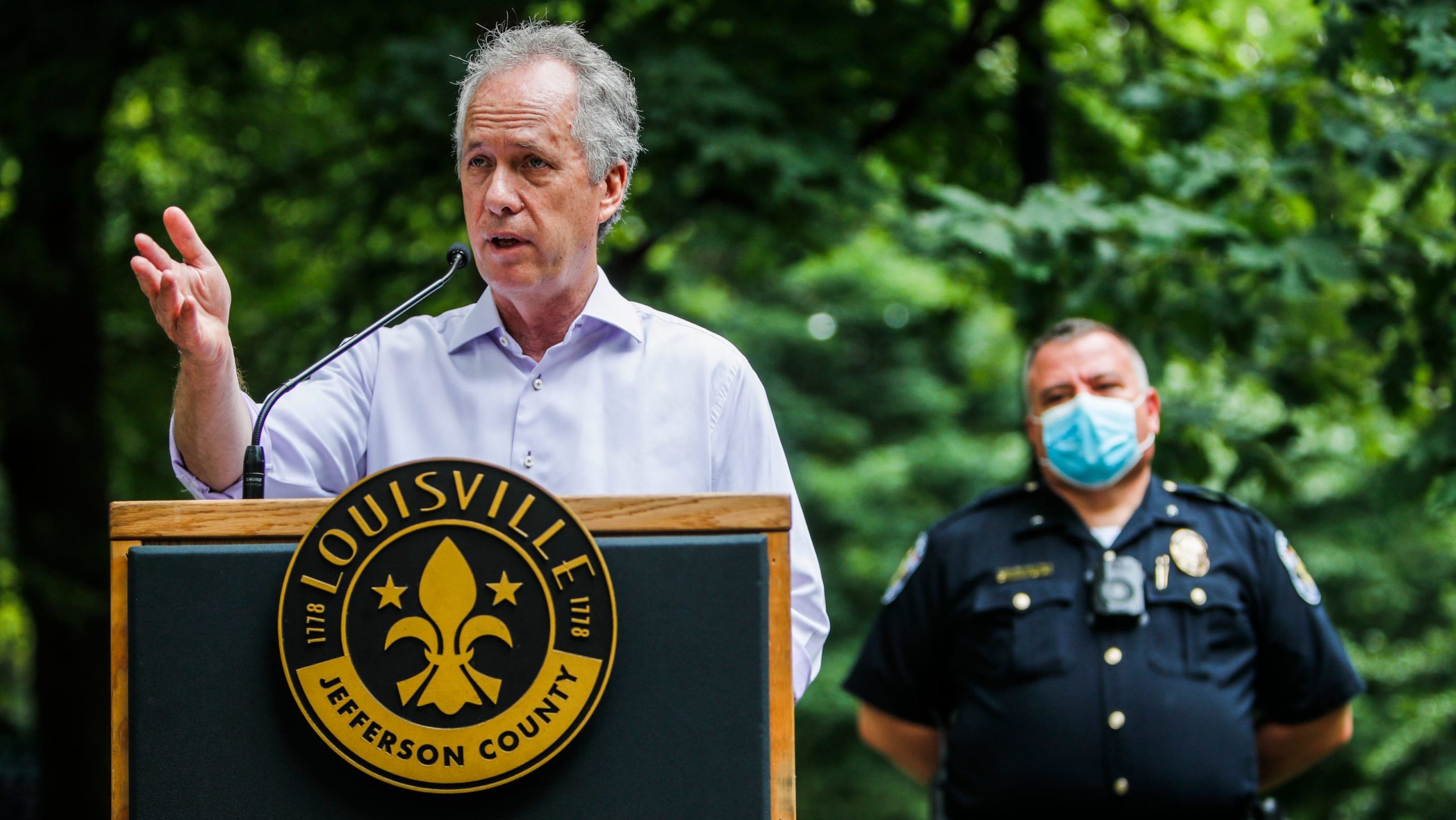Mayor Greenberg Must Prioritize the DOJ Consent Decree
November 21, 2024
The findings of the Department of Justice (DOJ) investigation into the Louisville Metro Police Department (LMPD) laid bare decades of systemic abuses: racial discrimination, constitutional violations, and routine excessive force against the very communities the police are sworn to protect. These conclusions, reached after a meticulous inquiry, are a call for reflection and a mandate for action. Yet, Mayor Craig Greenberg’s hesitation to commit to the DOJ-mandated consent decree is profoundly disappointing and raises troubling questions about the city’s commitment to truth, justice, and public safety.
Louisville has long been a flashpoint in the national conversation on police accountability, especially after the tragic killings of Breonna Taylor in 2020 and David McAtee only a few months later. Those events galvanized calls for sweeping reform–including A Path Forward for Louisville–highlighting the urgent need to dismantle the culture of incompetence and impunity within the LMPD. The DOJ’s investigation confirmed what many residents already knew: LMPD officers engaged in egregious behaviors, including racial profiling, unconstitutional searches, and even humiliating acts like throwing slushies at unsuspecting pedestrians. For Black residents and other marginalized groups, these are not isolated incidents—they are emblematic of a system that has long devalued their dignity and safety.
The consent decree is a critical mechanism for addressing these structural failings. It establishes enforceable guidelines to reform LMPD’s policies, enhance officer training, ensure accountability, and protect the constitutional rights of all residents. A federal judge and independent monitor would oversee its implementation, ensuring that reforms are not merely symbolic but transformative. By delaying or refusing to sign the decree, Mayor Greenberg risks undermining years of advocacy and allowing the culture of abuse within LMPD to persist unchecked.
This reluctance is particularly alarming, given the political climate. With a federal administration poised to change in January, the likelihood of sustained federal oversight and enforcement under a new Department of Justice is slim. Greenberg’s hesitation sends a message that political expediency outweighs moral and civic responsibility—a stance that betrays the very residents who have borne the brunt of police misconduct.
As reported by Louisville Public Media, Greenberg called negotiations an “urgent priority” in February. In June, he promised finalization in “early fall.” Now winter approaches, and Wednesday’s press conference indicates that the “urgency” of negotiating and ultimately finalizing a consent decree has been transferred to developing a crime reduction strategy. While we have always been critical and suspicious of negotiations behind a wall that excludes those most impacted, there is no denying the importance and urgency of having an agreement in place.
Whether they realize it or not, several objectives of LMPD’s proposed plan depends on adherence to some of the recommended remedial measures listed in the 2023 report. One objective Greenberg and the police Chief listed was to increase community trust and engagement with the LMPD. Another is to support the plan through constitutional methods. Many of the DOJ’s recommended measures were proposed to correct the constitutional violations it found in its investigation. But if the Mayor doesn’t commit to signing the decree, and transparency and genuine community participation continue to be moving targets for his administration, there can be no confidence that any part of the proposed strategy will work for those of us who have been most harmed.
To be clear, we did not ask for a new crime reduction strategy, particularly not one written without us. What we demanded, and what Louisville needs now, is leadership rooted in accountability and a commitment to inclusion and equity. The consent decree is not merely a bureaucratic document; it is a lifeline for communities who have suffered immeasurably under a broken system. It is a pathway to restoring trust between law enforcement and the public, something that cannot be delayed or dismissed for political convenience.
The mayor must act decisively, center and include impacted people in the process, and then sign the resulting consent decree without further delay. Failure to do so would betray the city’s most vulnerable residents and a signal to the nation that Louisville is unwilling to confront the injustices within its ranks. The time for half-measures and delays is over. Justice demands immediate and courageous action.
| Name | Daphne Walker |
|---|---|
| Communications | |
| Russell: A Place of Promise | |
| Louisville 40212 |





